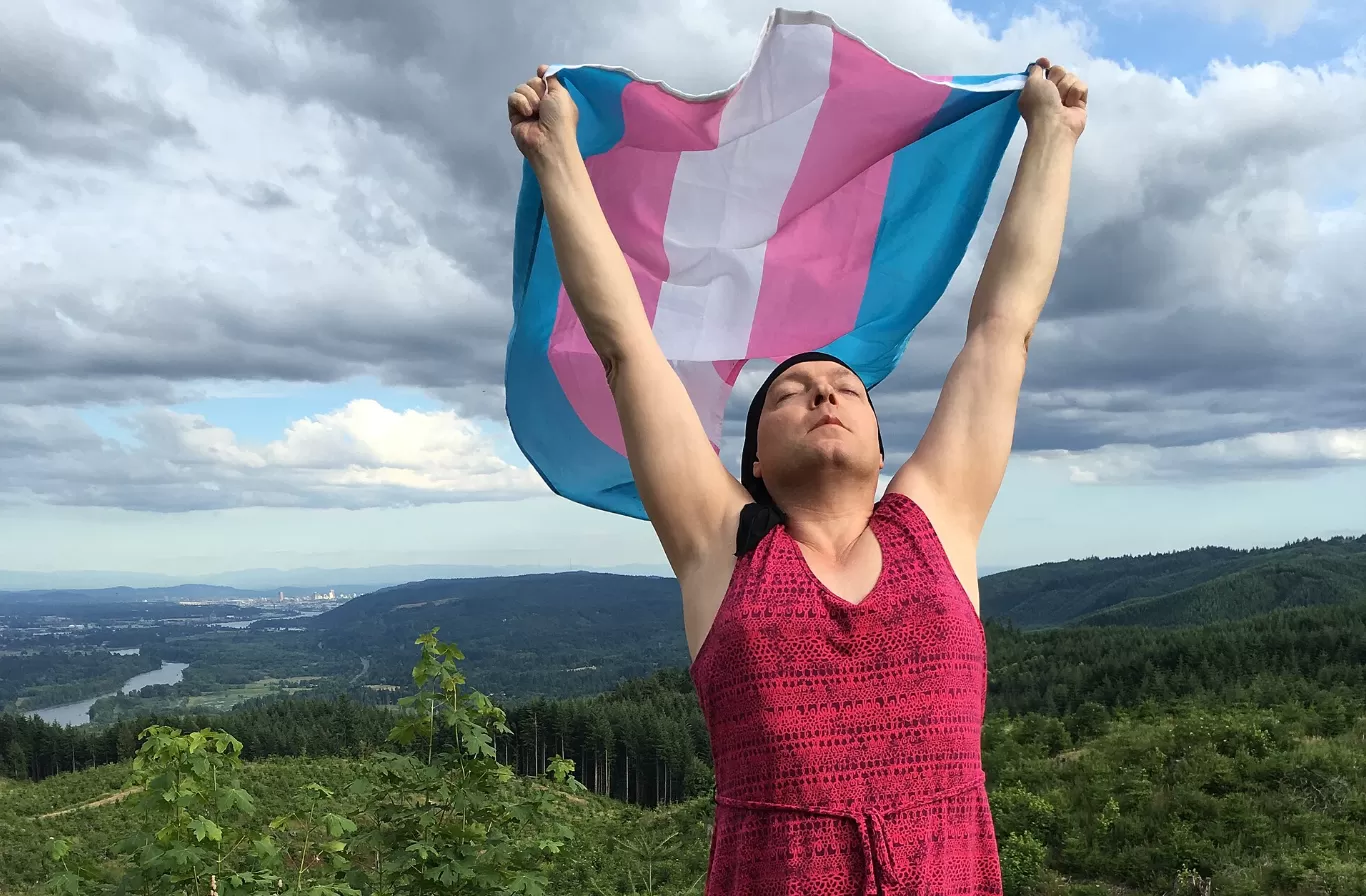
A transgender veteran from New York, who tragically took her own life earlier this year, has been identified as Elisa Rae Shupe, a prominent advocate for equality. Shupe made history by securing a landmark court victory that advanced transgender rights in the United States.
In a 2015 op-ed for The New York Times, Shupe reflected on her journey, stating, “While I have freed myself from the torment of gender dysphoria, I have exchanged that relief for the hostility and condemnation of a society that is only beginning to grasp my struggles. I have effectively traded my white male privilege to become one of America’s most reviled minorities.”
A year after the publication of that op-ed, Shupe achieved a significant milestone when she became the first person in the U.S. to legally obtain recognition of a nonbinary gender identity. This occurred after an Oregon court ruled that the state’s Department of Motor Vehicles must create a nonbinary gender option on driver’s licenses. At the time, Shupe explained, “I was assigned male at birth due to biology, but I am confined to that designation for life. My gender identity is undeniably feminine. It has never been male, yet I feel compelled to acknowledge my male biology. Being nonbinary allows me to reconcile these aspects. I see myself as a third sex.”
Despite her groundbreaking achievements, Shupe faced numerous challenges throughout her life. In 2019, she publicly announced her decision to detransition in an essay published by the far-right outlet The Daily Signal. In the piece, she criticized healthcare professionals and LGBTQ+ organizations for facilitating her transition and, in her view, “ruining her life.” Her story gained traction among anti-transgender activists, and she even spoke at an event hosted by the Family Policy Alliance, a lobbying group associated with the anti-LGBTQ+ organization Focus on the Family.
By 2022, Shupe had re-transitioned, later describing her involvement with the Family Policy Alliance as “sleazy.” In 2023, she shared details of her volatile childhood with a journalist from Keloland, expressing surprise at the “alarmingly hostile environment” she encountered as a transgender woman. She also discussed her struggles with mental health, including multiple stays at a mental health facility in Washington, D.C., and a diagnosis of Borderline Personality Disorder. Shupe spoke openly about her suicide attempts, which led to a third hospitalization in a psychiatric ward. She also described her experience of discontinuing hormone replacement therapy and observing her body detransition, likening the process to vines overtaking a tree and suffocating it.
Reflecting on her speech at the Family Policy Alliance event, Shupe said, “We were all there to inflict harm. I was there to train lawmakers to assist in that harm.”
According to her wife, Shupe was hospitalized for mental health issues at least twice more before her death in 2025.
In the years following her re-transition, Shupe underwent gender-affirming surgery at the Syracuse VA Medical Center. Tragically, a month later, in January 2025, her body was discovered near the campuses of the Syracuse VA Medical Center and Syracuse University in upstate New York. She was wrapped in a trans Pride flag, and her apparent suicide shocked the local transgender community and drew national media attention due to its timing—shortly after the start of the current administration and the issuance of several anti-trans executive orders.
In a final email sent minutes before her death, Shupe wrote, “You cannot erase nonbinary and transgender people because new generations of us are born every day.”
A friend of Shupe’s told, “Her life was marked by rejection and pain. She was unyielding in her emotions and language.”
“Elisa, her very existence, angered many,” another friend said. “She was exploited, like so many marginalized individuals. She undoubtedly lacked adequate support.”
Journalist Sue Kerr, who has written for LGBTQ Nation, met Shupe in 2018 at a community center in Pittsburgh. They spent hours discussing their shared experiences at a transgender Pride picnic. Kerr reflected, “I do not believe Elisa was broken by her identity. She was broken by failed systems—her family, the military, and the anti-transgender movement. She was worn down by societal beauty standards, by her own conflicting desires to be accepted and to challenge non-acceptance.”

